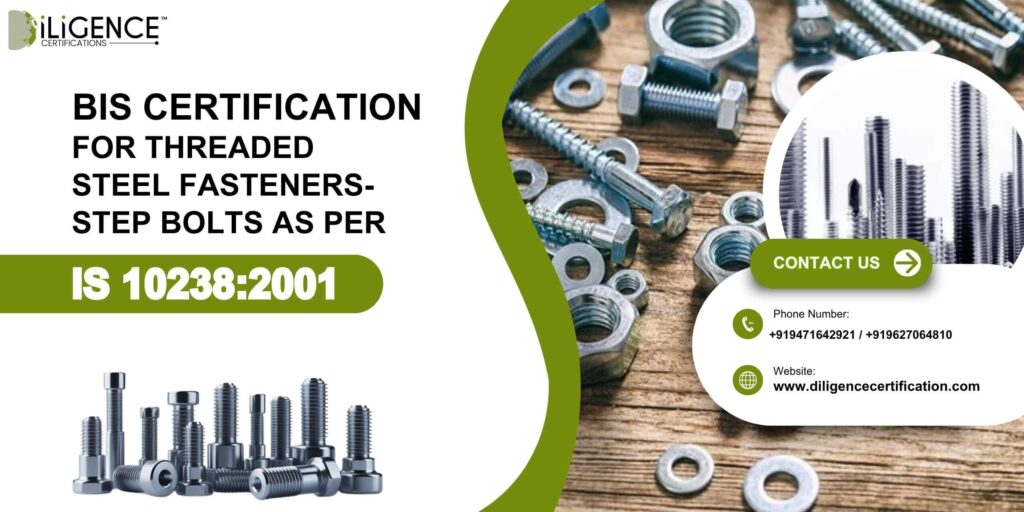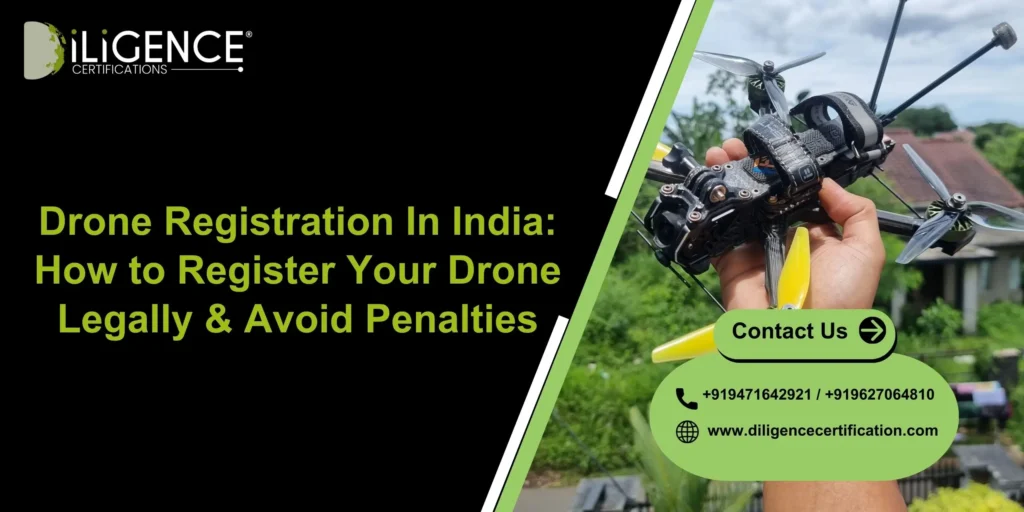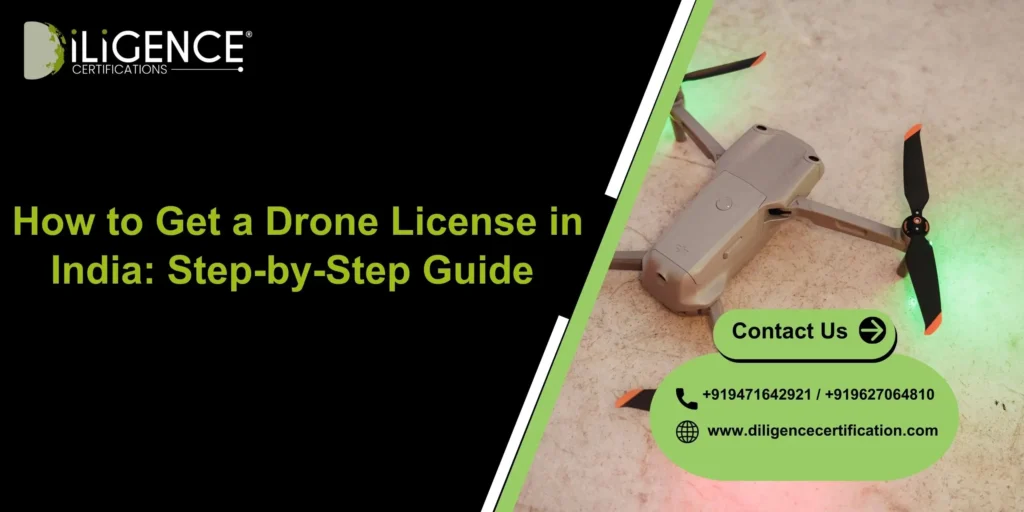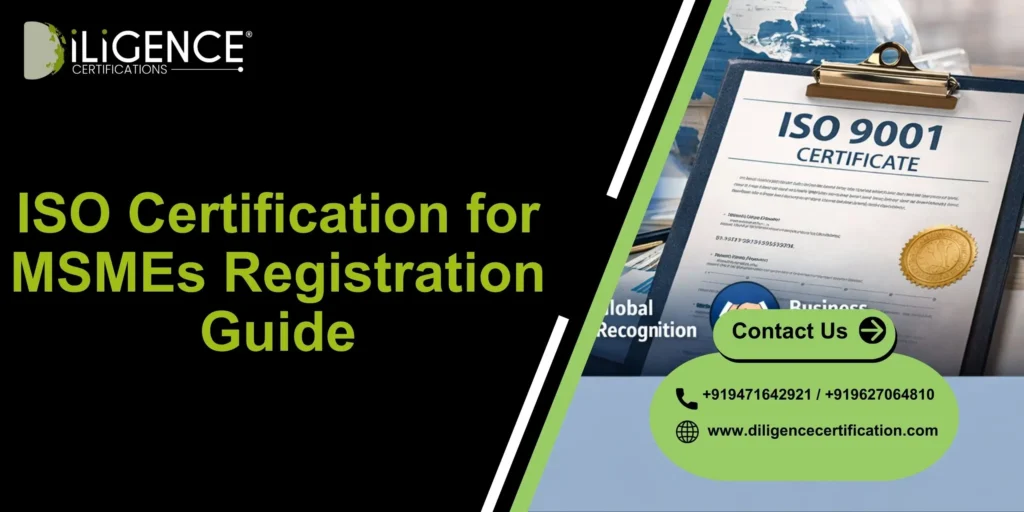- BIS Certification for Threaded Steel Fasteners: Step Bolts for Steel Structures ensures that threaded step bolts meet the quality and safety standards set by the Bureau of Indian Standards (BIS)
- To produce, distribute or import these fasteners in India, BIS Certification to demonstrate compliance is required.
- Step bolts must comply with stringent technical specifications, including a property class of 4.6, Grade C steel, or corrosion-resistant finishes.
- BIS certification includes third-party lab testing, factory audits, marking of products, and surveillance audits.
- Compliance with BIS requirements benefits safety, quality assurance, and acceptance in both government and private sector procurements.
Introduction
BIS certification for fasteners, especially for structural uses, is essential for safety, performance, and legal compliance . Step bolts for steel structures are fasteners that are governed by IS 10238:2001. Structural fasteners are used in infrastructure such as transmission towers, telecommunication masts, and light poles.
As a technical compliance consultant with considerable experience supporting both domestic and foreign manufacturers with BIS and ISI mark certification, I can personally attest to the effectiveness of Diligence Certifications in assisting countless organizations with a successful understanding of the Bureau of Indian Standards. This blog combines verified regulatory knowledge with real-life regulatory compliance experience, and is intended to help to obtain and maintain the BIS Certificate for Fasteners under IS 10238.
Overview of IS 10238:2001?

IS 10238:2001 is the Indian Standards that provides specification for step bolts for steel structures. It specifies requirements for material type, mechanical strength, dimensions and corrosion resistance, which are significant in extending the lifespan of the products underneath load, as well as ensuring that product remains safe to people.
Step bolts are often used in critical infrastructure like transmission towers and telecom structures that have to withstand environmental stresses, pressure on the adjacent structures from heavy loads, as well as fatigue.
The recent Quality Control Order (QCO) 2023 has specified that the industry must meet IS 10238:20001 standard to supply products in the state which is legally enforceable in India.
Manufacturers will be able to achieve product quality and compliance suggest to the Bureau of Indian Standards , BIS Act 2016, hence, certified step bolts would provide manufacturers with the product legitimacy in the use of them when developing infrastructure.
What is BIS Certification for Fasteners – Threaded Steel Fastener – Step Bolts for Steel Structures
BIS Certification for Fasteners – Threaded Steel Fasteners – Step Bolts for Steel Structures is a compulsory quality certification that is overseen by the Bureau of Indian Standards (BIS) for this manufacturing of fasteners for step bolts for use in steel structures. All manufacturers must comply with the Indian Standard IS 10238: 2001 specification which standards all aspects of the bolts including:
- Material (Example: C-grade steel – property class 4.6)
- Dimensions
- Corrosion Resistance
- Mechanical Requirements
Under the Bolts, Nuts, Fasteners (Quality Control) Order, 2023, the BIS certification will be required for Indian manufacturers or, manufacturers from abroad prior to supplying or selling them anywhere in India. BIS certification ensures that all product processes are safe, structures are reliable and the manufacturer have operated legally as described under the BIS Act, 2016.
Why BIS Certification for Fasteners Matters
1. Ensures Structural Safety
Step bolts carry human weight. If they fail, lives are at risk. BIS Certification confirms mechanical integrity and dimensional precision through third-party testing and audits.
2. Regulatory Requirement Under QCO 2024
Since the release of the Quality Control Order (QCO) by the Ministry of Commerce and Industry, it’s now legally mandatory for all fasteners under this category to be BIS certified.
3. Industry Acceptance
Infrastructure firms, utility providers, and EPC contractors demand ISI Mark for Fasteners – Step Bolts for Steel Structures in procurement specs. Without this, your product is often disqualified.
4. Proven Through Testing and Audit
BIS certification is not self-declared. It involves rigorous factory inspections, random sampling, and frequent surveillance audits to ensure continued compliance.
5. Builds Customer and Market Trust
The BIS Certificate for Fasteners acts as a badge of quality, reducing the need for individual clients to reverify specifications.
Key Applications of Step Bolts for Steel Structures
- Transmission Towers: Used by linemen to climb and maintain electrical infrastructure.
- Telecommunication Masts: Support telecom equipment and require regular maintenance.
- Lighting and Utility Poles: Facilitate safe vertical movement for repair crews.
- Industrial Structures: Access systems for steel frameworks, chimneys, or process plants.
These bolts are critical safety components and must comply with IS standards to reduce risk and ensure long-term durability.
Importance of Standard-Compliant Fasteners in National Infrastructure
While they may seem insignificant, fasteners are vital in assuring that structures are reliable. Below are the main reasons any standard-compliant fasteners, especially step bolts, are essential in national infrastructure:
- Safety: Step bolts are used in structures including transmission towers and telecommunications masts that carry human loads and operational load stresses. BIS certified bolts reduce slippage, deformation or failure.
- Corrosion Resistance: Protective coatings, such as galvans, are required on bolts in tough weathering conditions per IS 10238:2001. Longer asset life reduces maintenance costs.
- Structural Compatibility: All component parts of structural assemblies, including BIS certified bolts, have standard dimensions and threading allowing them to work together as one seamless unit.
- Audit-Readiness: The use of certified components reduces the complexity of technical audits, third-party inspections and written clearances requested by government agencies and EPC contractors.
- Durability: Conforming fasteners will reduce the number of replacements and effectively become part of the wearable infrastructure for structure stresses that last for decades or longer.
If step bolts meet IS 10238:2001 Compliance, are BIS certified, then the level of operational risk and the usable life-cycle of critical infrastructure can be improved for project owners and contractors. Additionally, when contractors use certified products, it assures clients of expedited approvals and audit clearances by government and independent agencies.
BIS Certification Process for Step Bolts

For Domestic Manufacturers:
- Online Application: Submit product and company details via the BIS portal under Scheme-I.
- Document Review: Provide technical drawings, quality control plans, and material traceability documents.
- Factory Inspection: BIS officials assess the factory’s manufacturing process, quality system, and infrastructure.
- Sample Testing: Step bolts are selected and sent to BIS-recognized labs for compliance testing.
- License Issuance: Upon successful inspection and testing, BIS grants the ISI mark license.
For Foreign Manufacturers:
- Apply under FMCS: Follow the BIS Foreign Manufacturer Certification Scheme guidelines.
- Appoint AIR: Nominate an Authorized Indian Representative to handle local liaison.
- Factory Audit & Sample Testing: BIS team conducts on-site audits and verifies product compliance through lab testing.
- License Approval: On passing all checks, BIS issues the license, enabling export of ISI-marked fasteners to India.
Mandatory Tests for IS 10238:2001 Compliance
To ensure full compliance with BIS certificate for step bolts, the following tests are typically performed:
Mechanical and Dimensional Tests:
- Tensile Strength
- Proof Load
- Yield Strength
- Elongation
- Hardness Test (HB or HRB)
Visual and Surface Quality Tests:
- Thread quality and tolerance
- Surface coating (galvanization thickness)
- Visual inspection for cracks or burrs
All test results must be retained for audit and surveillance purposes.
Marking, Labeling, and Traceability
The Bureau of Indian Standards requires all certified step bolts to:
- The ISI mark shall be visible on each bolt and not concealed.
- The packaging of the bolts shall include the batch number, the size and the license number.
- The step bolt is sold with a test certificate that shows it is the same design as employed in the manufacture of the step bolts released to the IS 10238:2001 standard.
- They must be traceable through manufacturing records to demonstrate accountability.
The marking and labeling requirements are mandatory. Failure to comply with the marking and labeling requirements shall count as a breach of the requirements of the license and shall cause the license to be suspended.
Penalties for Non-Compliance
Following to BIS Act, 2016, failure to certify, or improper use of the ISI mark, may result in any of the following:
- Financial penalties
- Recall of product
- Suspension or cancellation of license
- Legal action if the offense is repeated
It becomes unlawful to manufacture, sell and/or import step bolts to be used structurally in India without the requisite following notification under a QCO.
How a Fastener Manufacturer Achieved BIS Certification
In 2023 Global Fasteners Pvt Ltd, an established fastener manufacturer from Gujarat, reached out to Diligence Certifications to export its step bolts for large-scale government infrastructure projects. The organisation had operationally to an internationally acknowledged quality standard but had never been BIS certified.
Challenges Faced:
- Familiarity with Documentation and audit, or lack of.
- Delay to certify testing laboratories.
- Product testing modifications were required for dimensions and coatings according to IS 10238:2001.
Our method:
Our compliance team undertook a gap analysis and mapped out a certification strategy. We:
- Modified their technical drawings to IS specifications.
- Organised testing with acceptable and recognised BIS laboratories.
- Trained their factory team on-site for comprehensive BIS inspections.
Results:
- Within 45 days of the first steps Global Fasteners received their BIS licence.
- Their ISI-marked step bolts are used in PowerGrid and BSNL tower projects.
- Their annual turnover increased by 18% due to the new government tenders which mandated usage of BIS certified fasteners.
This case clearly demonstrates the business value of certification when supported by compliance and technical alignment.
Conclusion
IS 10238:2001 Compliance and a BIS Certificate for Fasteners is a legal and technical requirement for anyone manufacturing or importing Step Bolts for Steel Structures.
Not only is India’s quality control legislation becoming stronger and more comprehensive, but obtaining BIS Certification for Fasteners is now a matter of compliance, as well as client trust, and the safety of critical infrastructure and the people who use it.
Diligence Certifications offers comprehensive end-to-end assistance for both domestic and overseas companies. From document work, audit, testing, and post certification compliance, our team makes the certification process as seamless and efficient as possible now and afterwards.
Frequently Asked Questions
What is IS 10238:2001?
The Indian Standard for Threaded Steel Fastener step bolts, used in steel structures such as towers and poles; otherwise known as the safety and structural support.
Is BIS Certification for Fasteners compulsory?
Yes, under QCO 2024, BIS certification is compulsory if you are to manufacture or sell fasteners like step bolts in India.
What does the ISI Mark for Fasteners mean?
The ISI mark means that the fastener is compliant with the appropriate Indian Standards, and that it has been certified to those standards by BIS.
What tests do I need to certify?
Tensile strength, yield strength, proof load, hardness, surface finish and dimensions.
Can foreign manufacturers apply for BIS certification?
Yes, foreign manufacturers can apply for BIS Certification by way of FMCS. They would then ship the fasteners to India, but would have to do so through an Authorized Indian Representative.
What is the duration of my BIS certificate?
A BIS certificate is valid for one (1) year. The certificate is eligible for renewal each year, only if you are in good standing with BIS which includes compliance with all surveillance audits, testing and shipping requirements.
What does BIS certification cost?
The costs will include application fees, laboratory testing, inspection and annual renewal costs. These costs will vary based on the type of product and the location.
How long does it take to receive BIS certification?
For manufacturers based in India, the entire certification can usually be completed within 4-6 weeks. For manufacturers outside of India, under FMCS, BIS certification can take anywhere from 3-6 months.
Can a manufacturer manufacture fasteners that are not marked ISI?
Yes, if the product is not specified in one of the notified QCOs. Otherwise, it would be considered a violation of law to manufacture or market a product marked ISI.
What does Diligence Certifications help with?
In general, Diligence Certifications provides assistance with documentation that is required, help with arranging testing, pre-annual BIS audit readiness, compliance consulting, and post certification maintenance.








 BIS Certification
BIS Certification
 CDSCO
CDSCO
 CPCB
CPCB
 LMPC
LMPC
 WPC Approval
WPC Approval
 Global Approvals
Global Approvals
 TEC
TEC
 ARAI
ARAI
 BEE
BEE
 ISO Certification
ISO Certification
 DGCA Certification
DGCA Certification
 NOC For Steel
NOC For Steel



















 Business Registration
Business Registration















 Legal Services
Legal Services
 Trademark Registration
Trademark Registration
 Copyright Registration
Copyright Registration
 Patent Registration
Patent Registration

















































